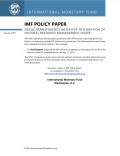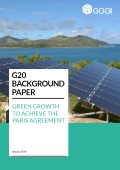
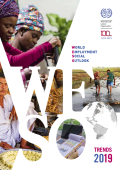
This report provides an overview of global and regional trends in employment, unemployment, labour force participation, productivity, as well as employment status, informal employment and working poverty. It also examines income and social developments, and provides an indicator of social unrest.
A key finding is that poor job quality is a prime concern for the most of the global labour force. In addition, unemployment and labour underutilization remain high in many countries, despite improvements in recent years.
The report also takes stock of progress with respect to targets for Sustainable Development Goal 8, which has been slower than anticipated.
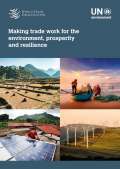
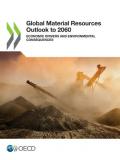
This report presents global projections of materials use and their environmental consequences, providing a quantitative outlook to 2060 at the global, sectoral and regional levels for 61 different materials (biomass resources, fossil fuels, metals and non-metallic minerals). It explains the economic drivers determining the decoupling of economic growth and materials use, and assesses how the projected shifts in sectoral and regional economic activity influence the use of different materials. The projections include both primary and secondary materials, which provides a deeper understanding of what drives the synergies and trade-offs between extraction and recycling.The report projects a doubling of global primary materials use between today and 2060. Population and converging per capita income growth drive the growth in materials use. However, structural change, especially in non-OECD countries, and technology improvements partially dampen that growth. Metals and non-metallic minerals are projected to grow more rapidly than other types of materials.
